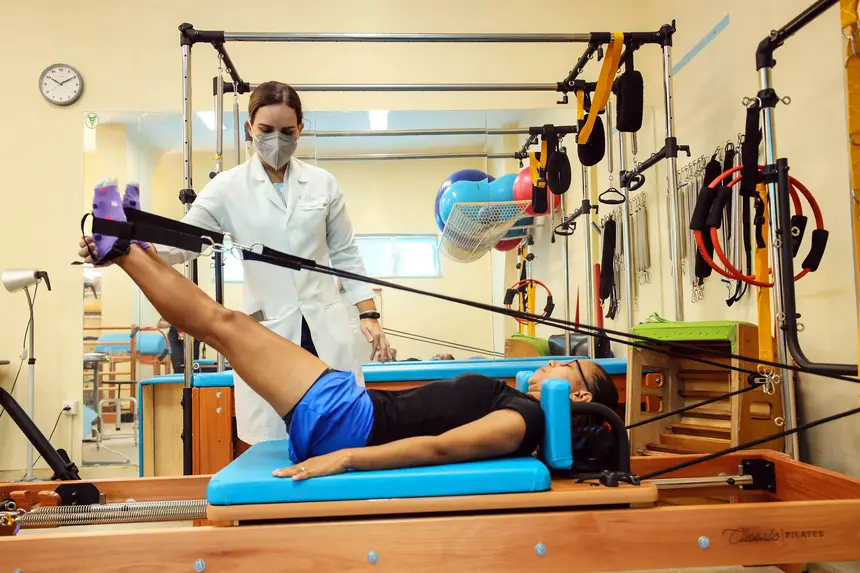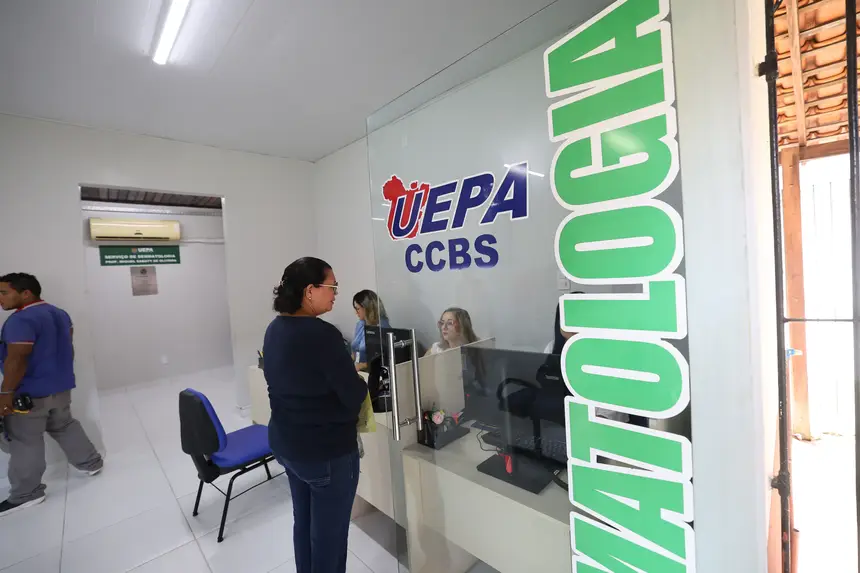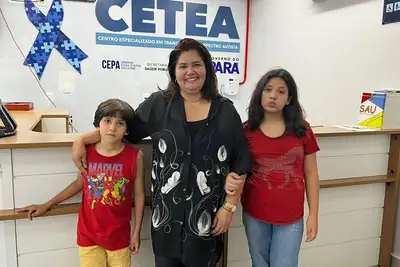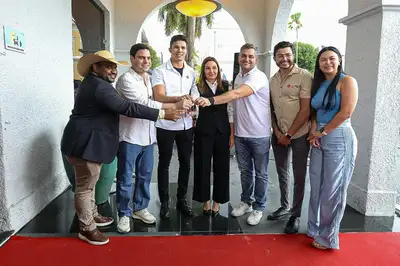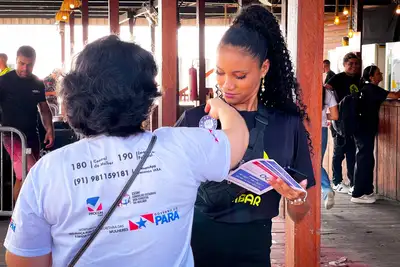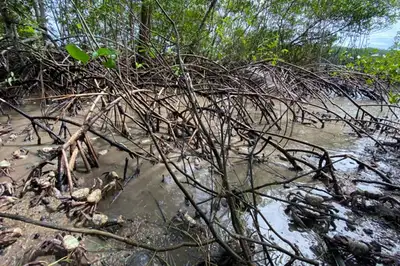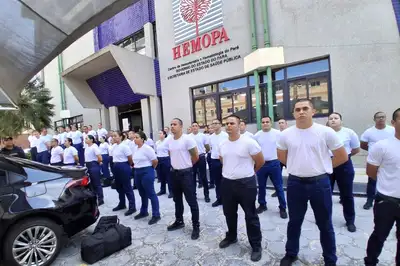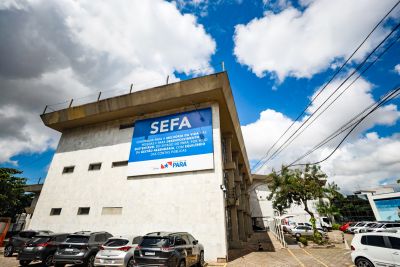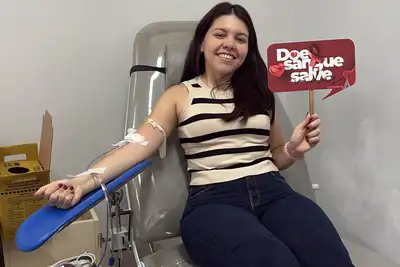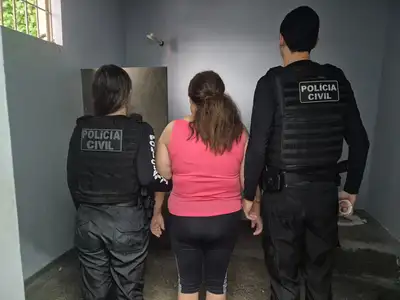State guarantees Higher Education courses in all municipalities of Pará
Investments in state programs and the expansion of vacancies at Uepa contribute to professional training
At 40 years old, student Chavelli Varela started the Trilingual Executive Secretariat course in Canaã dos Carajás, in southeastern Pará. The opportunity to enter Higher Education was made possible thanks to an agreement between the University of the State of Pará (Uepa) and the city hall of the municipality.
"Having this opportunity to study here, in my own city, was very valuable to me. I intend to graduate and work in the area, right here in Canaã dos Carajás, which is growing and attracting multinational companies due to the airport that will be built," the student projects.
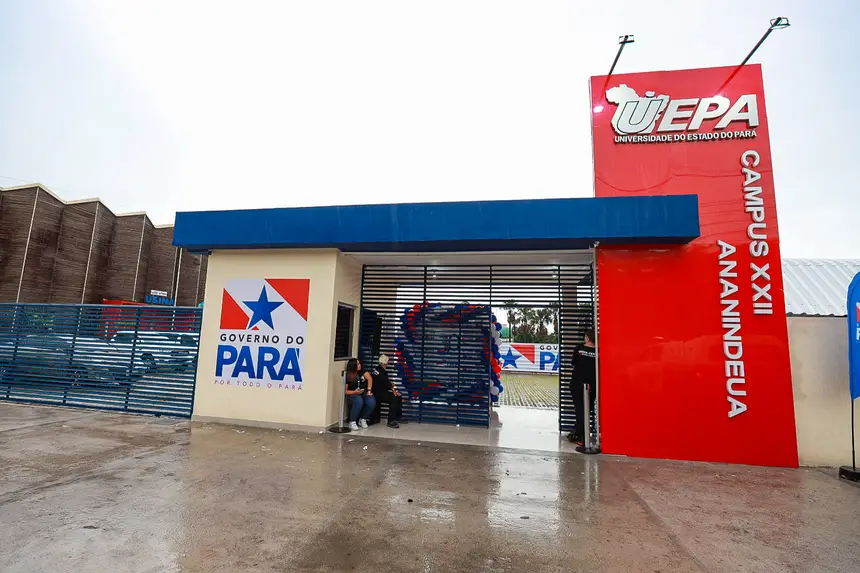
For Chavelli, the partnership is one of the paths for social development promoted by the Government of Pará. "The initiative brings higher education to the interior and opens doors for people who live far from the capital, generating opportunities," she points out.
Uepa, in turn, has been receiving a series of investments that ensure the expansion of its campuses, with the most recent ones delivered in the municipalities of Ananindeua, in the Metropolitan Region of Belém, in January 2024; and in Parauapebas, in the southeast of the state, in September 2023. In total, the university has 23 campuses in Pará, five of which are located in the capital.
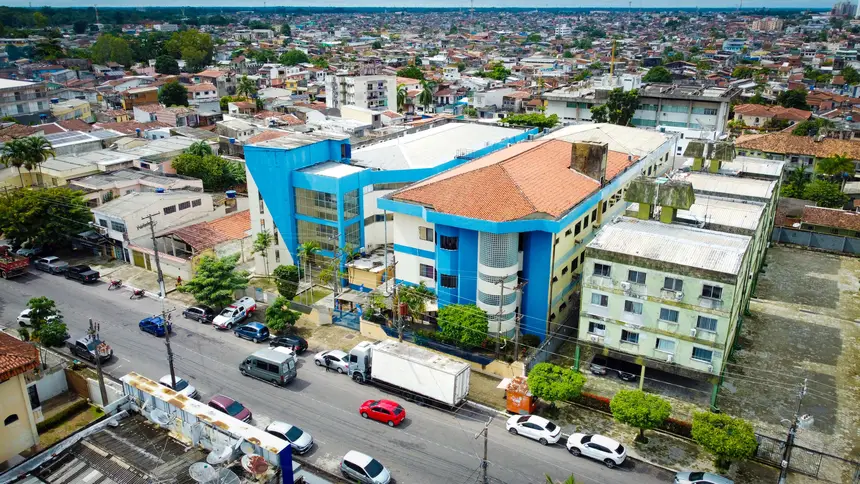
The number of vacancies offered annually has also increased, from 3,956 in 2020 to 4,336 in 2024. Last year, Uepa registered 16,180 students enrolled in undergraduate and graduate courses. In 2020, this number was just over 13,300.
“Uepa has recorded significant growth in recent years. This progress has been possible thanks to the strong support from the State Government, which is extremely important for management. We have achieved significant milestones, especially in the areas of affirmative policies and campus infrastructure. One of the main hallmarks of this period was the investment in personnel appreciation: nearly 600 new staff members, including teachers and technicians, were appointed,” highlights the institution's rector, Clay Chagas.
The Government of Pará has also encouraged the expansion of the number of undergraduate courses. Currently, there are 115 active courses. The offer of graduate courses has more than tripled, increasing from 45 in 2020 to 157 in 2024.
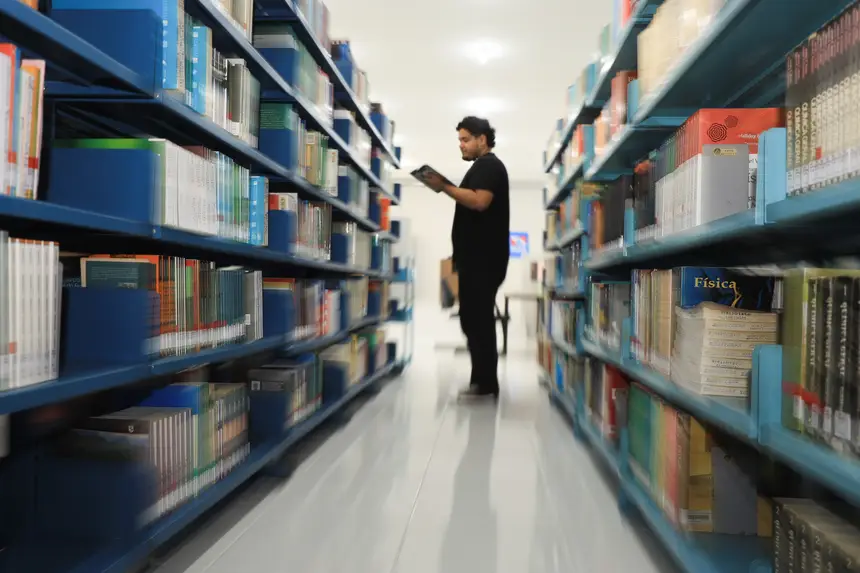
“The last few years have been marked by significant deliveries and acquisition of equipment, in addition to the expansion of access to higher education through the implementation of specific selection processes, socioeconomic quotas, ethnic-racial quotas, and reserved vacancies for People with Disabilities (PcD). The expectation is that this pace of development will be maintained, allowing Uepa to continue advancing and expanding its strategic role in higher education in the Amazon,” the rector concludes.
Expansion of Higher Education allows for the creation of new businesses
The journey of entrepreneur Liane Cunha confirms the importance of the expansion, enlargement, and democratization of Higher Education promoted by the Government of Pará. A native of Salinópolis, she worked for 16 years as a school lunch lady.
Initially, she believed that the Technology in Gastronomy course, offered by the Forma Pará program, would only serve to optimize her work in the school kitchen. However, during her studies, she saw the opportunity to start her own business and it worked out.
Responsible for the program, the State Department of Education, Science and Technology (Sectet) ensures the presence of Forma Pará in all 144 municipalities of Pará. In total, there are 202 classes with 9,775 vacancies in higher education courses. Of these, 62 courses are conducted in partnership with Uepa, serving at least 2,500 students.
“The gastronomy course brought me technique, it brought me learning in all areas. Today, I work with event catering in the gastronomy field. I prepare and provide coffee breaks, buffets, and typical foods,” she said.
“I really wanted to take a gastronomy course, but it only existed in private universities and in the capital, Belém. So, it became very difficult for me to travel from Salinas to pay for a course. There are also accommodation, stay, travel, food costs, in addition to the course cost itself, which is very expensive. So, this opportunity that the government brought through the program to the municipality, I found it to be of great importance,” she defines.
The expansion of Higher Education promoted by the Government of Pará, through strategic investments, institutional partnerships, and inclusive public policies, has transformed realities and generated new future perspectives in all regions of the state. Stories like those of Chavelli Varela and Liane Cunha exemplify how access to university, increasingly closer to where people live, drives social development, fosters entrepreneurship, and strengthens the local economy. With the continuation of investments and the commitment to the interiorization of education, Pará is advancing towards a higher education that is more democratic, diverse, and connected to the demands of Amazonian society.


